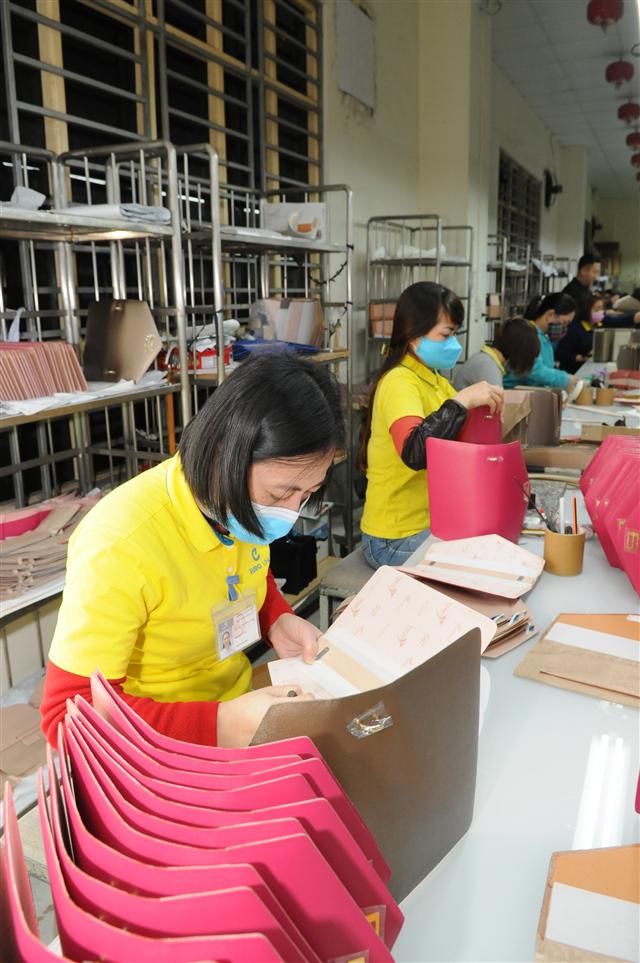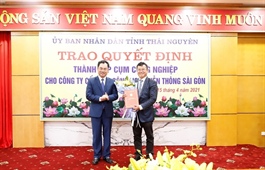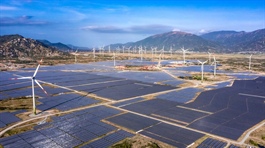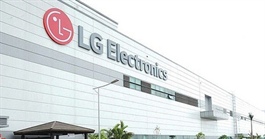Opportunities and challenges ahead for Vietnam’s support industries
Opportunities and challenges ahead for Vietnam’s support industries
The various free trade agreements (FTAs) that Vietnam has signed in recent years and the resulting flow of investment capital provide numerous opportunities for the country’s support industries (SI). The Covid-19 pandemic, while presenting these industries with unexpected challenges, is also providing them with new opportunities.
|
SI development in a new context
The Covid-19 pandemic sent shockwaves through Vietnam’s supply and demand systems, creating shortages of raw materials for production and congestion of export goods. With global supply chain disrupted, many Vietnamese enterprises have sought alternative domestic manufacturers of raw materials and ancillary products in order to save costs and ensure continuous production.
In addition, the free trade agreements (FTAs) being implemented currently facilitates capital flow from other countries to Vietnam and provides greater tax and investment incentives. This also creates opportunities for domestic and foreign enterprises to develop production and improve their competitiveness in the SI sector.
According to Nguyen Anh Thi, Director of the Saigon Hi-Tech Park (SHTP) Management Board in Ho Chi Minh City, the new Regional Comprehensive Economic Partnership (RCEP) and many other Free Trade Agreements (FTAs) that Vietnam has signed boost the need for cooperation between domestic enterprises and foreign direct investment (FDI) enterprises in the SI sector.
FDI enterprises operating in Vietnam have also restructured their production value chain, shifting towards SI products. Moreover, SI enterprises have made efforts to innovate, aiming to improve quality and competitiveness. However, due to the lack of careful and methodical investment in capital, technology, and workers, the foundation of the country’s SI is shaky. These limitations need to be quickly and effectively overcome.
Improving competitiveness and expanding markets
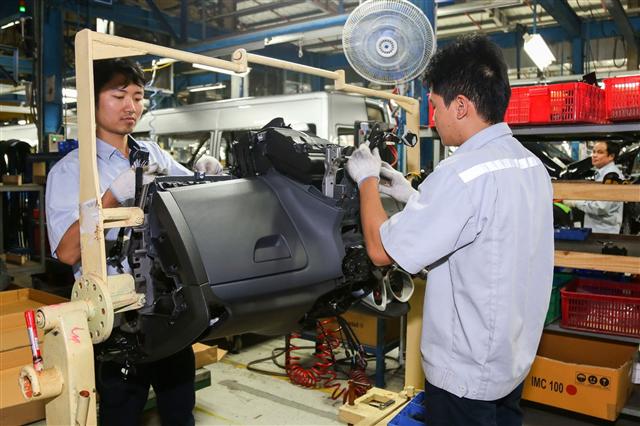
FTAs provide SI enterprises with many development opportunities
|
A government resolution on solutions to promote the development of support industries calls for Vietnamese enterprises to meet 45 percent of the essential needs for domestic production and consumption by 2025 and account for about 11 percent of industrial production value. In addition, currently about 1,000 enterprises are capable of directly supplying assembly enterprises and multinational corporations, of which domestic enterprises account for about 30 percent. By 2030, SI products will meet 70 percent of domestic demand, accounting for about 14 percent of industrial production value. By 2025 there will be about 2,000 enterprises capable of directly supplying assembly enterprises and multinational corporations in the territory of Vietnam.
The Industry Agency under the Ministry of Industry and Trade (MoIT) will focus this year on reviewing production projects, especially production of large industrial goods for export, and also promptly remove difficulties preventing project implementation. It will also strive to create capacity for production development, including sources for export goods, as well as prepare investment in engineering and facilities for two technical centers to support industrial development in the north and the south.
The chair of the HCM City Association of Mechanical-Electrical Enterprises (HAMEE), Do Phuoc Tong, pointed to the fact that Vietnamese SI enterprises supply their products for major multinational corporations operating in Vietnam, such as Canon, Samsung, Toyota, Honda and more. Moreover, SI businesses have also exported products directly to partners around the world, yielding significant turnover. HAMEE has promoted cooperation and agreements on supply and demand for domestic SI enterprises with many enterprises and FDI groups operating in Vietnam in order to provide development opportunities for the SI sector.
However, SI enterprises need to have solutions for their investment capital problem, as well as a preferential fund from which to borrow investment capital for production and business activities. Currently, SI enterprises are hard pressed to access capital because they lack collateral and are required to have reciprocal capital of up to 40-50 percent of the loan value instead of 20-30 percent required of many other companies.


